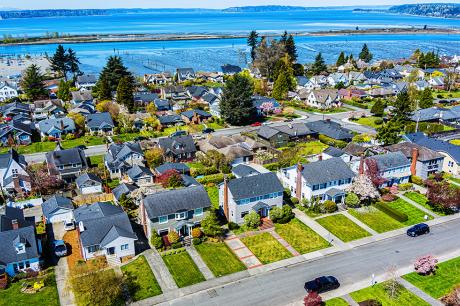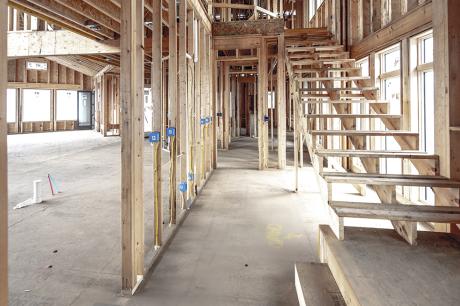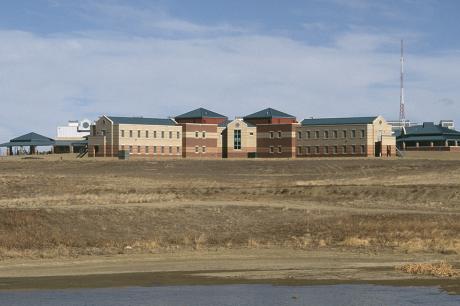Articles and analysis on today's issues

Federal cuts to the Supplemental Nutrition Assistance Program could cause some DC-area families to lose an average of $187 in monthly benefits.
Exclusionary Zoning Limits Opportunity by Concentrating Subsidized Housing in a Small Part of the Puget Sound Region Subsidized housing is designed to guarantee stable rents for households with low and moderate incomes, but subsidized housing in the Puget Sound region is confined to just a few neighborhoods, in part because of exclusionary zoning.Effectively Communicating the Value of the Social Sector’s Support System Is Key to the Sector’s Success Continued funding for the social sector’s support system will be key to the sector’s success.The Payment Supplement Partial Claim Offers a Great Vision but Is Operationally Burdensome The draft of the Payment Supplement Partial Claim plan offers an ingenious solution to the shortcomings of the Federal Housing Administration’s loss mitigation toolkit, but its current form is operationally burdensome, and we believe there is a better path for implementation.How the Federal Government Could Expand Support for Local Housing Production With housing affordability at its lowest level in years, building housing is one way to meet demand. How can the federal government encourage local construction in development zones?Debunking Four Myths about the Prison Building Boom Supporting Mass Incarceration So much energy in the prison policy space focuses on inner-city communities, rendering invisible the rural communities of color where prisons are most likely to be built.From Emancipation to Reparations, Ensuring Black Americans Can Enjoy Economic and Social Inclusion in the United States With reparations policies gathering momentum and drawing interest across the country, these efforts must go beyond single policy areas and cash transfers to include transformative policies including psychological, social, and emotional supports.





